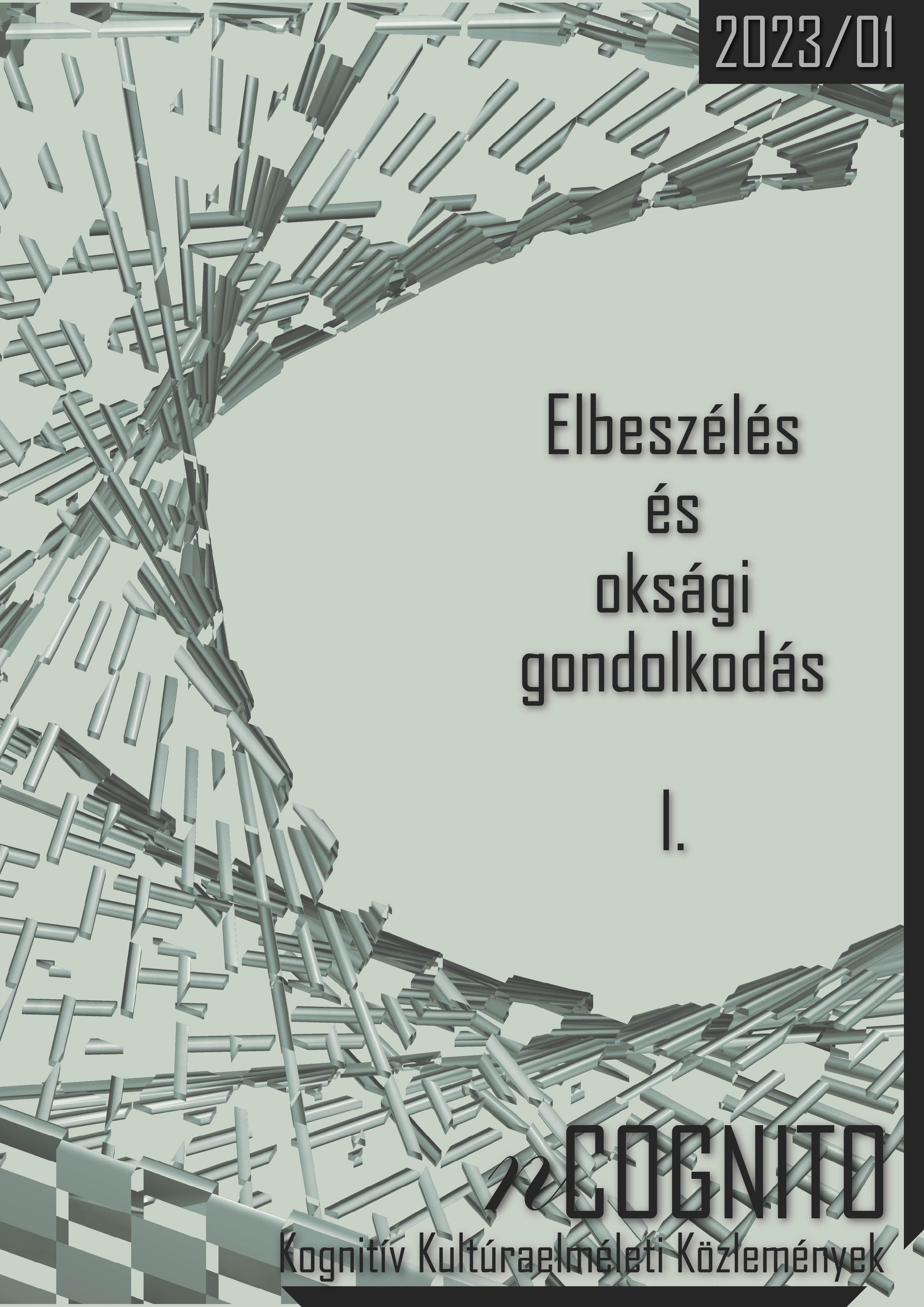The plot-organizing function of extended cognition in Andreï Makine’s Dreams of My Russian Summers
Main Article Content
Abstract
The study attempts to answer the question of whether a narratological analysis can be built on the series of acts of cognition unfolding and being represented in a novel. In Andreï Makine’s work, cognition becomes a significant factor of causality, and hence the novel can be read as a complex metacognitive representational act. The present analysis relies on the externalist, extended (or, in other words, postcognitivist) theories to model the organisation of the plot. This paradigm of cognition rejects the individualistic and internalist conception of traditional cognitivism, emphasizing the tight interaction of the mind, the body and the environment in cognitive acts. The main conclusion drawn from the analysis is that the narrator represents the process of his own cognitive development, in which the extended, enacted and embedded cognitive acts play a crucial role. Thus, the novel depicts the stages of the coupling of the narrating mind and its environment, rendering it possible to reframe the plot's causal organisation.
Article Details
Funding data
-
Nemzeti Kutatási Fejlesztési és Innovációs Hivatal
Grant numbers K 137659

